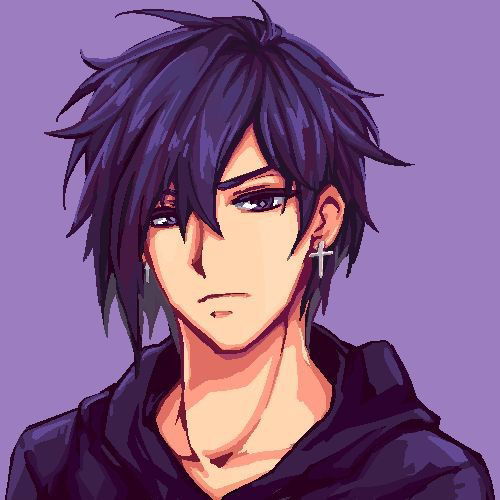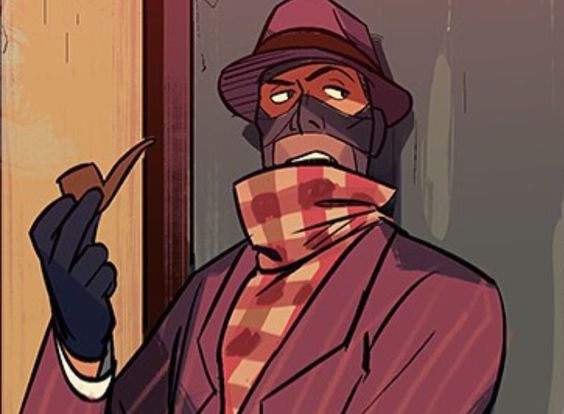Why do these characters resonate so deeply with viewers? The appeal of the antisocial anime male character is multifaceted, often touching upon universal human experiences and desires.
1. The Mystery and Intrigue
Characters who keep their cards close to their chest are inherently intriguing. Their reserved nature invites speculation. What are they thinking? What drives their actions? What secrets do they hold? This inherent mystery compels viewers to pay closer attention, piecing together clues from their subtle expressions, brief dialogues, and solitary actions. It's a narrative puzzle that viewers actively try to solve, making them more invested in the character's journey.
2. The "Hidden Kindness" Trope
A significant part of the appeal lies in the expectation, or hope, that beneath the gruff or indifferent exterior lies a heart of gold. Many antisocial characters, while outwardly cold, demonstrate acts of unexpected kindness, loyalty, or protectiveness towards a select few. This contrast between their public persona and their private actions creates a compelling dynamic. It suggests that their antisocial behavior is a shield, not their true nature, and that genuine connection, once forged, is deeply valued.
Think of characters like Guts from Berserk. His life has been a brutal odyssey, hardening him to the point of near-total isolation. Yet, his unwavering protection of Casca, even at immense personal cost, reveals a profound capacity for love and loyalty that belies his fearsome reputation. This duality makes him not just a powerful warrior, but a deeply human and relatable figure.
3. Relatability for Introverts and Socially Anxious Individuals
For many viewers who identify as introverts or struggle with social anxiety, these characters offer a sense of validation. Seeing a character who thrives in solitude or finds social interaction draining can be comforting. It normalizes these feelings and presents them not as flaws, but as valid ways of being. These characters can become avatars for the viewer's own experiences, allowing them to vicariously navigate social situations from a safe distance.
4. The Appeal of Competence and Self-Sufficiency
Antisocial characters are often highly competent and self-sufficient. Their isolation means they've had to rely solely on themselves, honing their skills and intellect to a remarkable degree. This self-reliance is admirable and aspirational. They are masters of their own domain, whether it's combat, strategy, or intellectual pursuits. This competence, combined with their independence, makes them powerful and captivating figures.
5. The "Fixer" or "Protector" Role
Despite their aversion to social interaction, antisocial characters often find themselves drawn into situations where they must protect others or solve complex problems. Their detachment can paradoxically make them more effective in high-stakes scenarios, as they are less swayed by emotional appeals or social pressures. They can make the hard decisions that others shy away from. This role often positions them as unlikely saviors, adding another layer to their appeal.


